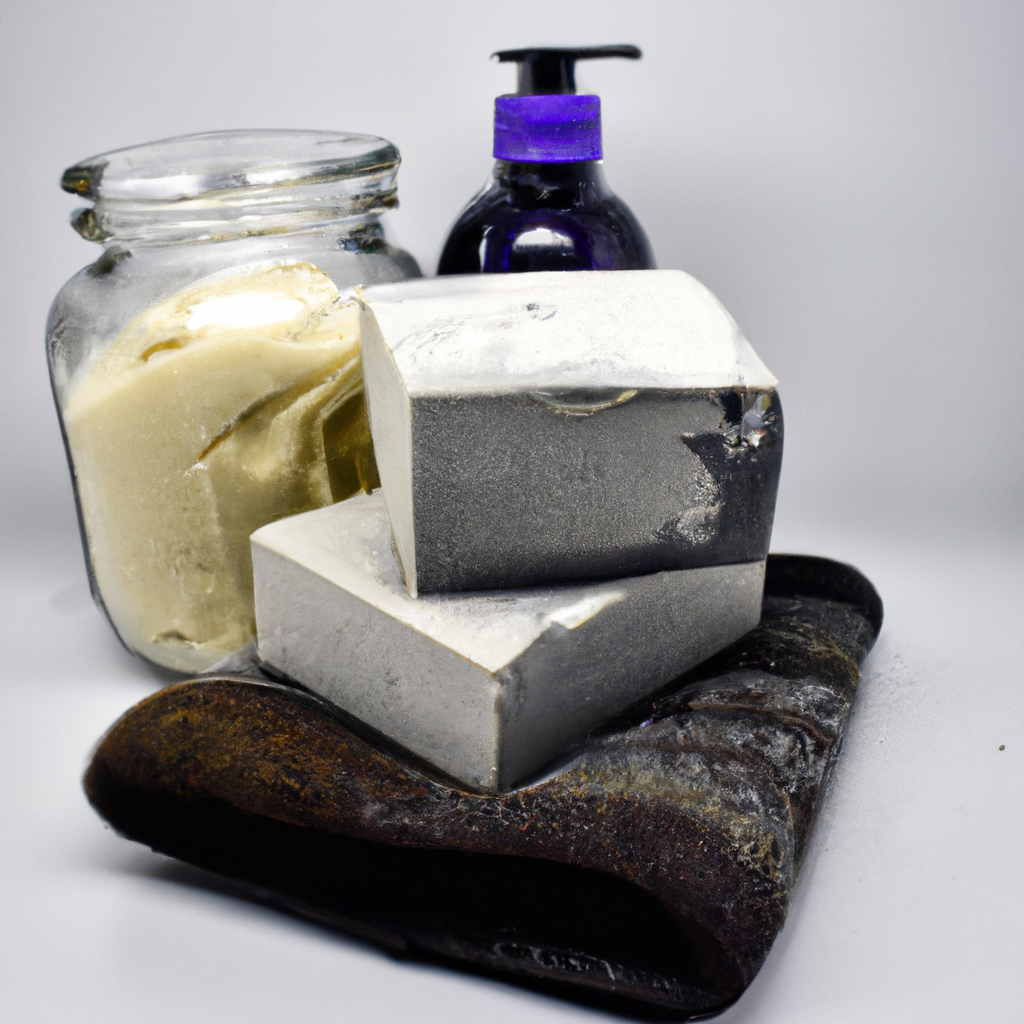The Ultimate Guide to Cast Iron Soap and Oil: How to Care for Your Cast Iron Cookware
The Ultimate Guide to Cast Iron Soap and Oil: How to Care for Your Cast Iron Cookware
Are you a food lover who appreciates the natural flavors and textures of your dishes? Do you enjoy cooking with cast iron cookware to enhance the taste of your meals? If so, then you know the importance of properly caring for your cast iron pans and skillets. In this ultimate guide, we will explore the world of cast iron soap and oil and learn how to maintain and season your cast iron cookware for optimal performance and longevity.
Why is Cast Iron Cookware Special?
Cast iron cookware has been used for centuries and is beloved by chefs and home cooks alike for its superior heat retention and even heat distribution. It is perfect for searing, frying, baking, and even slow cooking. The natural non-stick surface that develops over time with proper seasoning makes it a favorite among cooking enthusiasts.
The Importance of Proper Care
To ensure that your cast iron cookware stays in top condition and continues to deliver exceptional cooking results, it is crucial to give it the proper care it deserves. This includes regular cleaning, seasoning, and occasional re-seasoning.
Cleaning Your Cast Iron Cookware
Contrary to popular belief, you can clean your cast iron cookware with soap. However, it is essential to use a mild dish soap and avoid harsh abrasives that can damage the seasoning. After each use, rinse the cookware with warm water and scrub it gently with a soft brush or sponge. Dry it thoroughly to prevent rusting.
Seasoning Your Cast Iron Cookware
Seasoning is the process of building up a layer of polymerized oil on the surface of your cast iron cookware, creating a natural non-stick coating. To season your cookware, start by preheating your oven to 350F (175C). Apply a thin layer of vegetable oil or melted shortening to the entire surface of the cookware, including the handle. Place it upside down on the middle rack of the oven and bake for one hour. Let it cool completely before using or storing.
Re-Seasoning Your Cast Iron Cookware
Over time, the seasoning on your cast iron cookware may wear off or become damaged. If you notice food sticking to the surface or a dull appearance, it may be time to re-season. To re-season, follow the same process as seasoning, applying multiple thin layers of oil and baking it in the oven.
Cast Iron Soap and Oil: What You Need to Know
Now that we understand the importance of proper care for our cast iron cookware, let's dive into the world of cast iron soap and oil. These products are specifically designed to help clean and maintain your cast iron pans and skillets.
Cast Iron Soap
Cast iron soap is a specially formulated soap that is designed to remove food residue and build-up without stripping away the seasoning. It is gentle enough to use regularly and does not contain harsh chemicals that can damage the cookware. Cast iron soap is typically made from natural ingredients such as plant-based oils and lye.
Cast Iron Oil
Cast iron oil, also known as seasoning oil, is used to maintain and enhance the seasoning on your cast iron cookware. It helps to prevent rusting and keep the surface of the cookware smooth and non-stick. Cast iron oil is usually made from food-grade oils such as flaxseed oil or vegetable oil.
How to Use Cast Iron Soap and Oil
Using cast iron soap and oil is simple and can be incorporated into your regular cast iron maintenance routine. Here are the steps:
- After each use, rinse your cast iron cookware with warm water.
- Apply a small amount of cast iron soap to a soft brush or sponge and gently scrub the surface to remove any food residue.
- Rinse the cookware thoroughly with warm water to remove any soap residue.
- Dry the cookware completely with a towel or by placing it on the stove over low heat.
- Once the cookware is dry, apply a thin layer of cast iron oil to the entire surface, including the handle.
- Use a paper towel to spread the oil evenly and remove any excess.
- Store your cast iron cookware in a dry place to prevent moisture and rust.
Conclusion
Caring for your cast iron cookware is essential to ensure its longevity and optimal cooking performance. By following the steps outlined in this ultimate guide and incorporating cast iron soap and oil into your maintenance routine, you can enjoy delicious meals cooked to perfection for years to come. So, grab your cast iron pans and skillets, and let's get cooking!
 Oct06.chat.1pass.food and nature lover.cast iron soap and oil
Oct06.chat.1pass.food and nature lover.cast iron soap and oil

